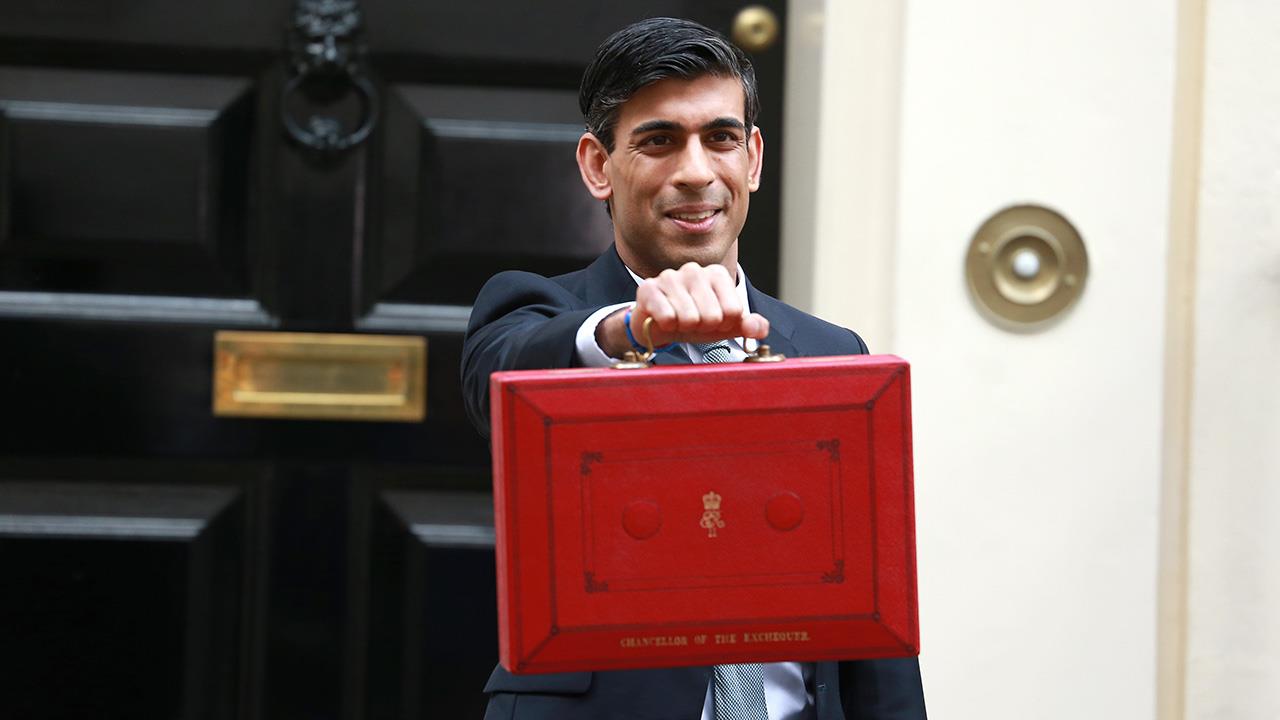

Chancellor Rishi Sunak has announced that those eligible under the Self-Employment Income Support Scheme (SEISS), which has so far seen 2.3 million claims worth £6.8 billion, will be able to claim a second and final grant in August.
The grant will be worth 70% of their average monthly trading profits, paid out in a single instalment covering three months’ worth of profits, and capped at £6,570 in total.
Individuals can continue to apply for the first SEISS grant until 13 July. Under the first grant, eligible individuals can claim a taxable grant worth 80% of their average monthly trading profits, paid out in a single instalment covering three months’ worth of profits, and capped at £7,500 in total. Those eligible have the money paid into their bank account within six working days?of completing a claim.
Applications for the second grant will open in August. Individuals will be able to claim a second taxable grant worth 70% of their average monthly trading profits, paid out in a single instalment covering three months’ worth of profits, and capped at £6,570 in total.
The eligibility criteria are the same for both grants, and individuals will need to confirm that their business has been adversely affected by coronavirus. An individual does not need to have claimed the first grant to receive the second grant: for example, they may only have been adversely affected by COVID-19 in this later phase. Further guidance on the second grant will be published on 12 June.
The Chancellor also set out more details on how the Coronavirus Job Retention Scheme (CJRS) will continue to support jobs and business as people return to work, following the announcement of an extension of the scheme on 12 May.
From 1 July 2020, businesses will be given the flexibility to bring furloughed employees back part time. This is a month earlier than previously announced to help support people back to work. Individual firms will decide the hours and shift patterns their employees will work on their return, so that they can decide on the best approach for them - and will be responsible for paying their wages while in work.
From August 2020, the level of government grant provided through the job retention scheme will be slowly tapered to reflect that people will be returning to work. That means that for June and July the government will continue to pay 80% of people’s salaries. In the following months, businesses will be asked to contribute a modest share, but crucially individuals will continue to receive that 80% of salary covering the time they are unable to work.
The scheme updates mean that the following will apply for the period people are furloughed:
June and July: The government will pay 80% of wages up to a cap of £2,500 as well as employer National Insurance (ER NICS) and pension contributions. Employers are not required to pay anything.
August: The government will pay 80% of wages up to a cap of £2,500. Employers will pay ER NICs and pension contributions – for the average claim, this represents 5% of the gross employment costs the employer would have incurred had the employee not been furloughed.
September: The government will pay 70% of wages up to a cap of £2,187.50. Employers will pay ER NICs and pension contributions and 10% of wages to make up 80% total up to a cap of £2,500. For the average claim, this represents 14% of the gross employment costs the employer would have incurred had the employee not been furloughed.
October: The government will pay 60% of wages up to a cap of £1,875. Employers will pay ER NICs and pension contributions and 20% of wages to make up 80% total up to a cap of £2,500. For the average claim, this represents 23% of the gross employment costs the employer would have incurred had the employee not been furloughed.
The Chancellor said: "Our top priority has always been to support people, protect jobs and businesses through this crisis. The furlough and self-employment schemes have been a lifeline for millions of people and businesses.
"We stood behind Britain’s businesses and workers as we came into this crisis and we stand behind them as we come through the other side.
"Now, as we begin to re-open our country and kickstart our economy, these schemes will adjust to ensure those who are able to work can do so, while remaining amongst the most generous in the world."
If you'd like to keep up-to-date with the latest developments in the heating and plumbing industry, why not subscribe to our weekly newsletters? Just click the button below and you can ensure all the latest industry news and new product information lands in your inbox every week.